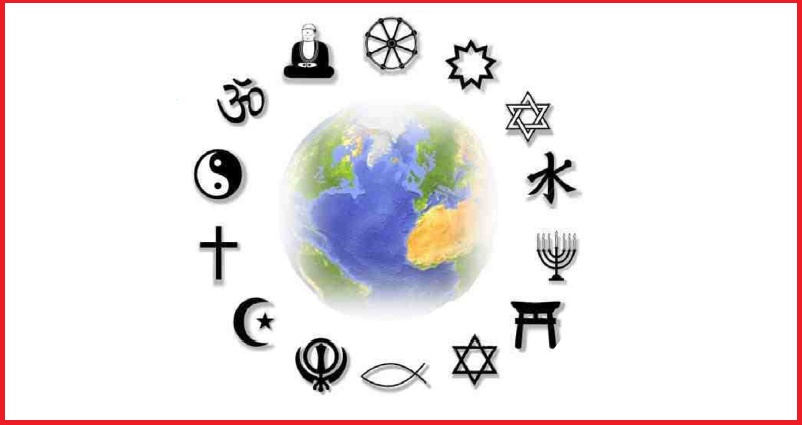The beginning of the globalisation of religions
n anniversary in 2019 is concerned with the nexus between the crisis of globalisation and the globalisation of religions.
Jan 11, 2019

By Massimo Faggioli
An anniversary in 2019 is concerned with the nexus between the crisis of globalisation and the globalisation of religions. It is related to two major events in 1979 that changed the world in which religions have been operating up until today.
The first was the Iranian Revolution. Led by Ayatollah Khomeini, this marked the overthrow of the last shah and turned Persia into the Islamic Republic of Iran. Four decades later, the balance of power between Shia and Sunni Islam in the Middle East has shifted greatly.
The rise of the Iranian Shia has had a major impact on the major actors in the region — Israel, Saudi Arabia, Turkey and especially Syria. This has had huge consequences for the relations between Christianity, Judaism and Islam. But it has most significantly impacted on the Christian minority in the region, especially after the wars involving Western coalitions in Iraq between 1991 and today.
The second event of 1979 took place in China. A new communist leader, Deng Xiaoping, forged a groundbreaking policy that triggered an economic renaissance and thrust China on the global stage — not just economically but also culturally — for the first time since the 1949 revolution.
This ushered China into the geopolitics of religion and of Christianity. The future of Christianity cannot be understood without looking at its presence in China, which is one of the reasons for the recent historic agreement between the Vatican and Beijing on the appointment of Catholic bishops.
Most observers at the time failed to grasp the magnitude that these events of 1979 had for the future of the world. This included those who interpreted everything through the lens of “secularisation theory,” for which the resurgence of religion was just a short-lived chimera.
But the Holy See was among those few that immediately understood the geopolitical implications that these enormous changes would have on Catholicism.
The popes and the Vatican have shown, over these last 40 years, a remarkable political and intellectual independence from the West in dealing with the rising power in the Middle East (Iran) and in Asia (China).
They have demonstrated a willingness to pursue even the narrowest and almost impossible paths of dialogue with powers perceived to be enemies of the geopolitical centre of Western Christianity.
This is essential in understanding the Vatican and its role in this age of disrupted globalisation.
Pope Francis, in particular, has promoted the Catholic tradition of healthy disenchantment with the Westernisation of Christianity. Looking at his international travel plan for 2019, there are good reasons to believe that the papacy will continue to be one of the most interesting centres of thought and action in this age. --LCI (international. la-croix.com)







Total Comments:0